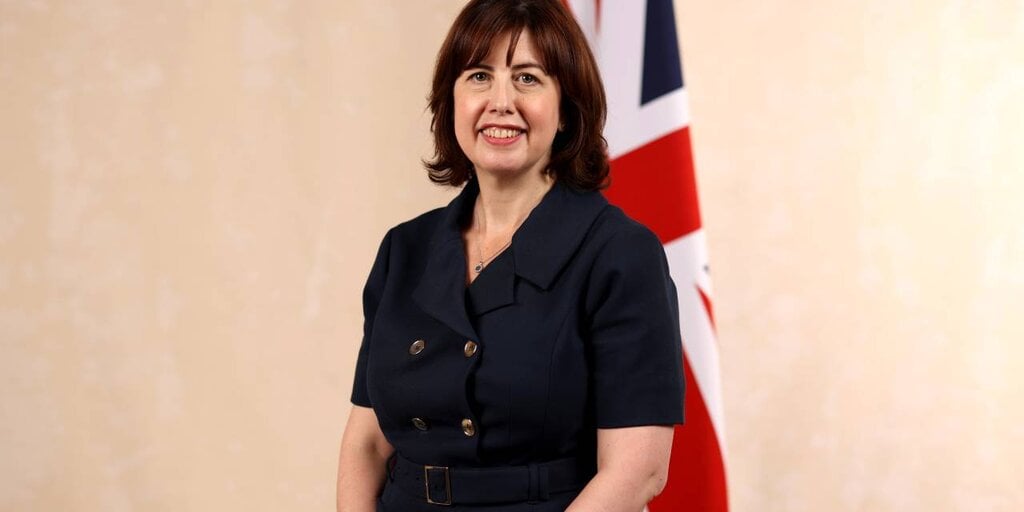
-
Sweden is contemplating the incorporation of Bitcoin into its national reserves, reflecting a significant shift in cryptocurrency acceptance among European nations.
-
While the U.S. is already pursuing a formal strategy under President Trump’s administration, Sweden’s dialogues may signify an emerging trend in European fiscal policy.
-
Dioukarev highlighted the potential benefits of Bitcoin as a reserve asset, asking, “Is this something that the minister and the government are considering?”
This article explores Sweden’s potential Bitcoin policy, its implications for national reserve strategies, and the varying attitudes toward cryptocurrency in Europe.
Sweden’s Potential Shift Toward Bitcoin as a National Reserve Asset
Recently, discussions surrounding the adoption of Bitcoin as a national reserve asset have gained momentum in Sweden. Dennis Dioukarev, a member of Sweden’s parliament (Riksdag), posed an important question to Finance Minister Elisabeth Svantesson about the possibility of integrating Bitcoin into the nation’s reserves to strengthen its economy. This initiative may align Sweden with global trends where nations like the United States are exploring similar avenues. By considering Bitcoin alongside traditional reserve assets such as fiat currency and gold, Sweden could potentially enhance its financial stability without burdening taxpayers.
The Influence of Global Trends on Sweden’s Financial Strategy
The conversation surrounding Bitcoin is not isolated to Sweden. Rickard Nordin, another Riksdag member, has also urged the Minister to reassess Bitcoin’s role in Sweden’s finance system. This reflects a broader trend where numerous European nations are revisiting their foreign reserve strategies to include cryptocurrencies. Notably, the Czech National Bank’s Governor, Aleš Michl, has recommended diversifying foreign reserves by allocating up to $7 billion to Bitcoin. The question arises: will Sweden take the leading role among its European counterparts in adopting this digital asset?
Contrasting Perspectives Within Europe on Bitcoin Adoption
Despite the positive dialogue surrounding Bitcoin in Sweden, skepticism persists within the European Union. European Central Bank President Christine Lagarde has expressed doubts about the feasibility of central banks in the EU incorporating Bitcoin into their balance sheets. This division illustrates the nuanced and often conflicting perspectives toward cryptocurrency on the continent. While some nations pursue innovative fiscal policies, others remain cautious, emphasizing the necessity for robust regulatory frameworks that suit their economic landscapes.
The United States: A Case Study in Bitcoin Reserve Strategy
Looking to the United States provides insight into a more proactive stance on Bitcoin adoption. In March, under President Trump’s directive, the U.S. initiated the process of converting seized Bitcoin into a strategic reserve. This approach not only aims to fortify the nation’s asset base but also sets a precedent for other countries to consider similar strategies. As noted by BitcoinTreasuries, the U.S. currently holds approximately 207,000 BTC, making it the largest sovereign holder of Bitcoin in the world. This move encourages other nations to evaluate their cryptocurrency policies amid growing global acceptance.
Conclusion
As discussions about Bitcoin’s role in national reserves gain traction, Sweden stands at a crossroads between innovation and caution. With experts and politicians advocating for a re-evaluation of Bitcoin’s potential, the Swedish government has an opportunity to pave the way for a future where cryptocurrency plays a vital role in financial strategies. Only time will reveal whether Sweden will embrace this digital frontier or fall back into the more traditional fiscal approaches echoed throughout the European Union.
Source: https://en.coinotag.com/swedens-potential-consideration-of-bitcoin-as-a-reserve-asset-sparks-discussion-amid-european-trends-and-u-s-policy-shifts/









